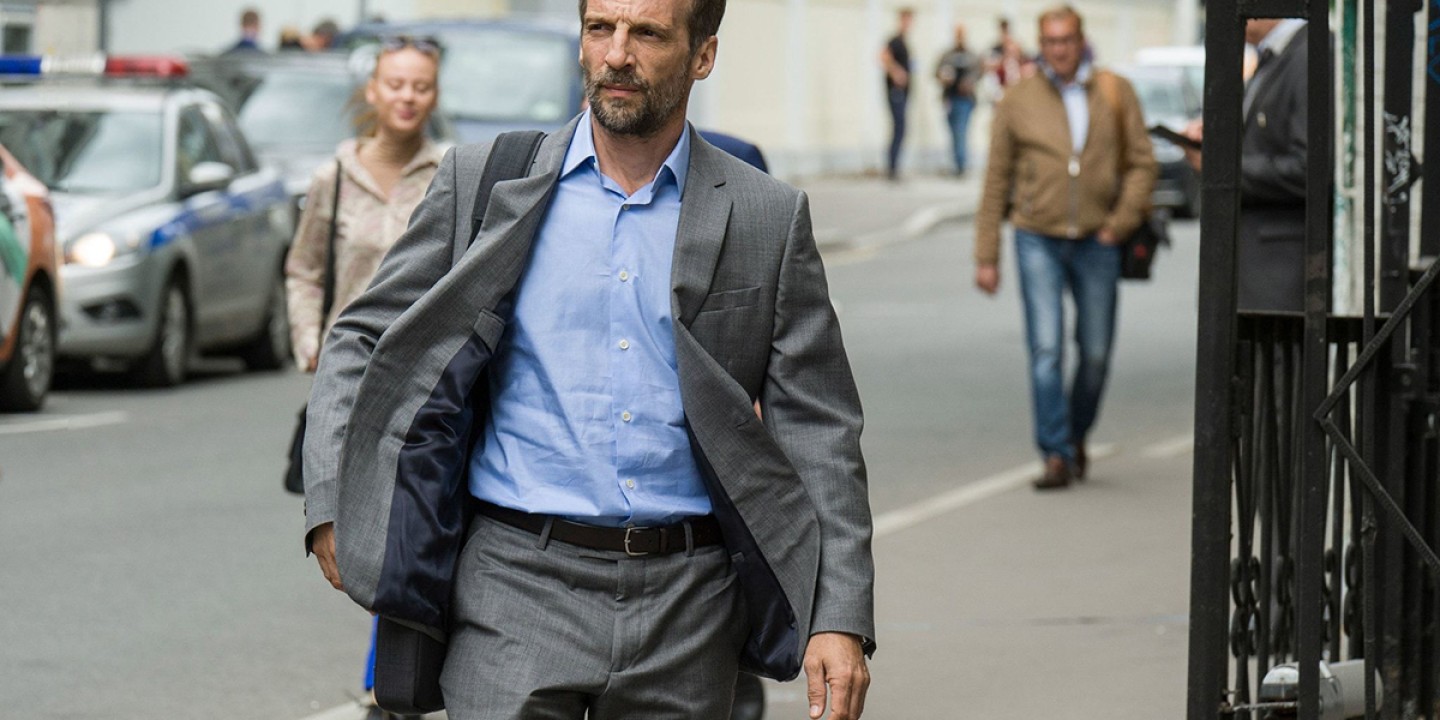Lupin and The Bureau toy with the fantasy of the master-hero
What happens when a genre series is detached from its White colonialist context?

In the second episode of the French heist thriller Lupin (created by George Kay and François Uzan, streaming on Netflix), our hero Assane Diop (Omar Sy) enters prison. For a moment, I felt the setup: a Black immigrant behind bars should be in for a terrifying experience. But as the prison door slammed behind Assane, I felt a palpable joy. Just as you know that James Bond won’t be killed in the villain’s lair, I knew Assane was in perfect control of the situation. The thrill was watching him execute his plan.
Lupin is an addictive addition to what we might call the “master-hero” genre: heroes such as spies, detectives, and high-class thieves rise to prominence through the sheer force of their intelligence, wit, and mastery of all circumstances. The pleasure of the genre is getting to see behind the sleight of hand. We realize nothing has escaped the control of our hero. Assane is a stellar exemplar, but as one of the genre’s few Black protagonists, he also helps us think about how the genre is constructed.
Read our latest issue or browse back issues.
Assane models his life on Arsène Lupin, “the Gentleman Thief”—a literary invention of real-life French author Maurice Leblanc at the turn of the 20th century. Shortly after Assane immigrates to Paris from Senegal with his father, his father gives him a copy of Leblanc’s stories. When his father is sent to prison for the theft of a priceless necklace, the young, shy Assane assimilates into wealthy French society—using Lupin as his guide—in order to gain the skills and wealth to unravel the mystery of his father’s arrest.
Assane outsmarts the arrogant, morally bankrupt people who destroyed his life, and he does this in part by manipulating their racist and classist assumptions. He smuggles a crew of thieves into the Louvre Museum as night-shift cleaners on the premise that the guards can’t distinguish one non-White immigrant from another. When Assane dresses like a working-class immigrant, he escapes notice because he isn’t worthy of wealthy White attention. When he dresses like a wealthy investor, those same people are too self-conscious of appearing racist to interrogate him closely. This allows him access to almost any space, as he shifts his appearance and manner to execute his complex plans.
Many of the classic master-heroes—James Bond, Sherlock Holmes, Arsène Lupin himself—suggest that debonair mastery is the birthright of certain people, almost all of them White, privileged men (and the fact that they are mostly men could be the topic of another column). Assane shows us how this mastery is both a hard-won skill and a performance. Simultaneously, we see the toll this performance takes on his personal relationships and inner life, raising the question of whether the fantasy is as thrilling or pleasurable as it seems. When we become “master,” the gains are somewhat obvious. But what do we lose?
Another addictive French series picks up the same question even more explicitly. The Bureau (created by Éric Rochant, streaming on Sundance Now and AMC+) follows the Paris office of the DGSE, the French equivalent of the CIA. The story centers around Malotru (Mathieu Kassovitz), a White undercover field agent returning from a seven-year mission in Syria. The decisions he made in the field, and the ones he makes as he struggles to assimilate back home, set in motion the increasingly complicated web of relationships and domino chain of events that guide the series.
If Lupin is glossy and thrilling, The Bureau is gritty and, at first, even a bit slow. Twenty-first-century espionage involves a lot of cramped office space, tedious language training, and bureaucratic negotiation. But this American viewer found it incredibly gripping, not least because it offers a different lens into international politics and global power than most American fictions of the same type.
Take, for example, a scene early in the second season when a French spy is invited to an elite Iranian pool party where young people are drinking, dancing, and doing cocaine. I could not imagine this scene taking place in an American television show: Americans tend to depict Iranian life through the narrowest of lenses, and our popular media is notoriously terrible at portraying Muslim characters as multidimensional humans beyond fundamentalist stereotypes.
Even more so, the French context exposes the colonial roots of the master-hero-spy. Like all European powers, France developed its strongest covert presence among its former colonies and long-standing cultural allies—Algeria, Iran, and Syria in France’s case—as the modern system of espionage grew out of the need to maintain surveillance and soft power when official colonial control collapsed. The master-hero is already present in colonial fantasies of control over foreign and exotic lands. This is something American spy fantasies tend to miss by draping all spy thrillers in the cloak of patriotism and raising the stakes of every mission to world-historical heights.
The DGSE agents are patriotic, but the stakes of their missions are more circumscribed. Perhaps this is what allows The Bureau to reflect explicitly on how deeply mastery and control guide the spy’s existence. In a series of voice overs, Malotru reflects on the skills required for his double life: the self-control and manipulation, the constant anticipation of every possible move that might expose him. No matter how much he tells himself he is doing this for a greater good, he admits that there is also an extraordinary pleasure in this mastery of self and circumstance, in feeling like the entire world inside and out is subject to one’s control and manipulation.
Like Assane, Malotru pays a heavy price for his mastery. But like Malotru, viewers of the master-hero genre know the pleasure of watching our heroes outwit their foes in spy games or clever heists. Lupin and The Bureau, each in their own register, exemplify that thrill. But they also force us to think about how deeply this fantasy runs through cultural histories of colonialism, racism, and power—and raise questions about our beliefs about the limits of the self and the seemingly limitless perfection of the master-hero.
A version of this article appears in the print edition under the title “Recasting the master-hero.”






